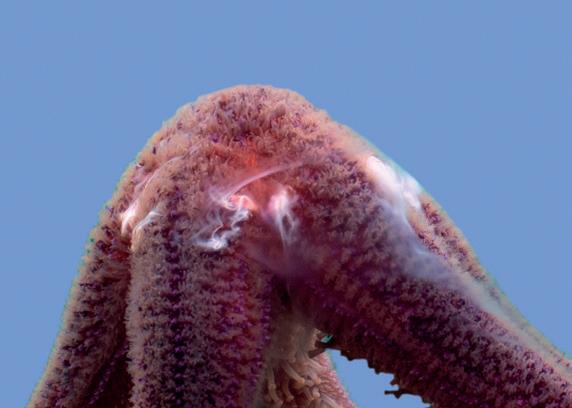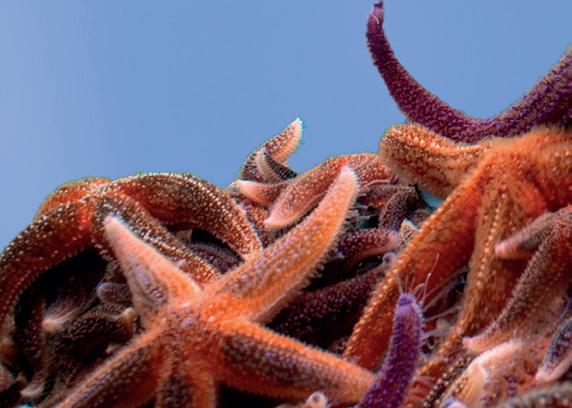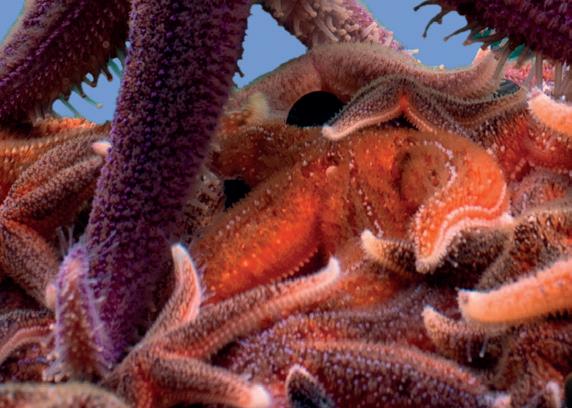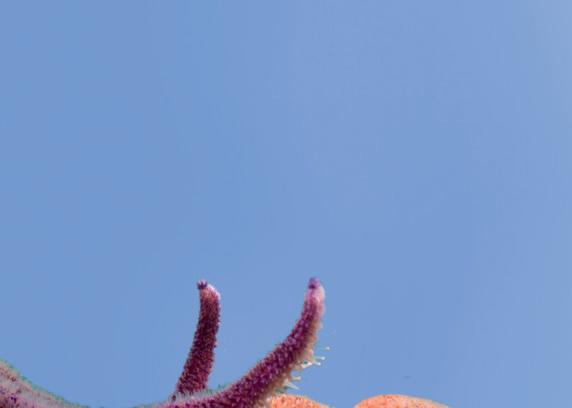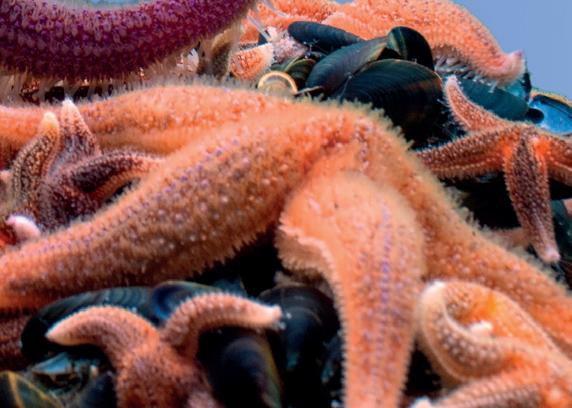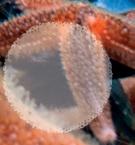

CAN YOU WORK OUT WHICH CREATURE WILL COME OUT ON TOP?



With over AWESOME animal facts


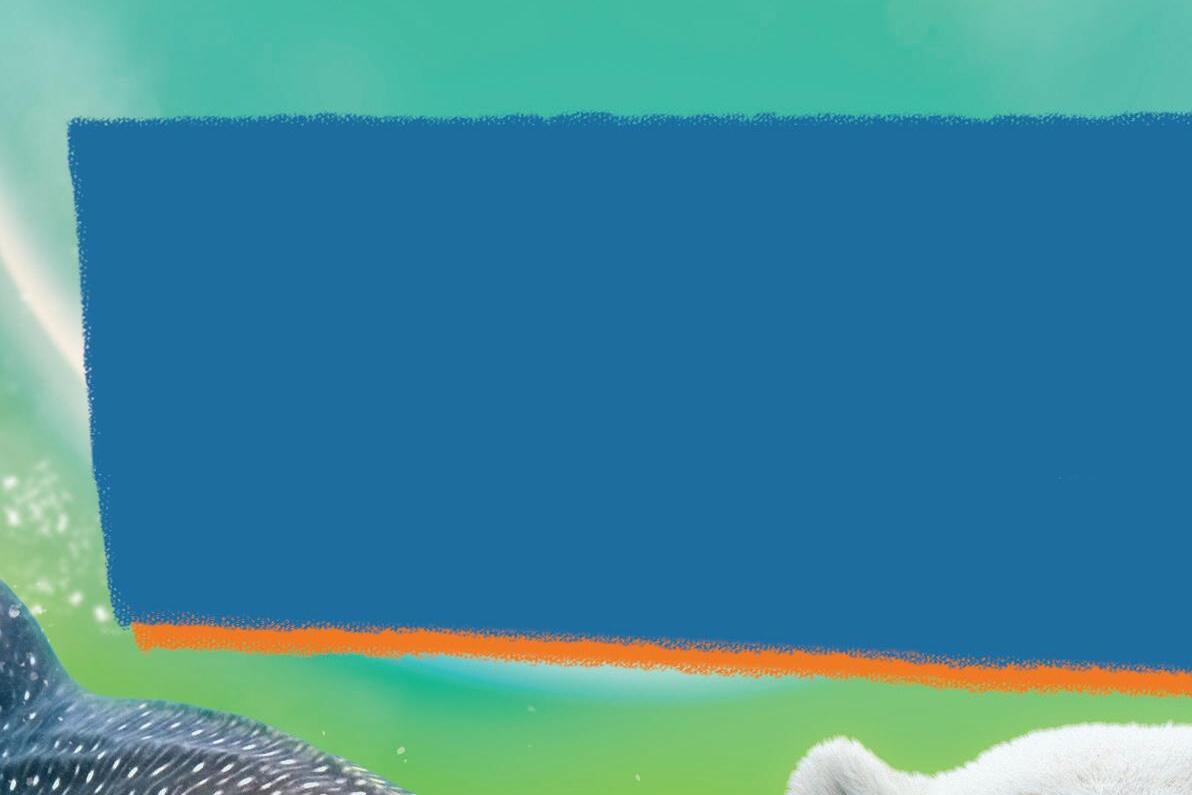



W HO W INS?





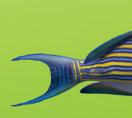



















CAN YOU WORK OUT WHICH CREATURE WILL COME OUT ON TOP?



With over AWESOME animal facts






W HO W INS?



























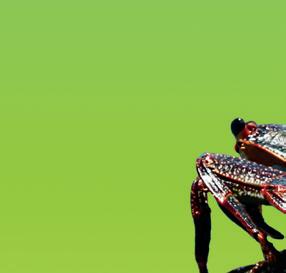
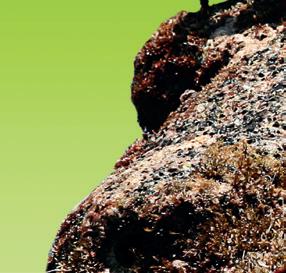
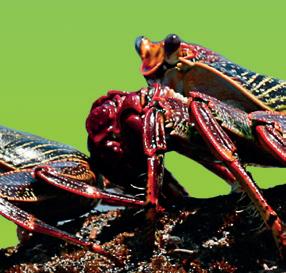
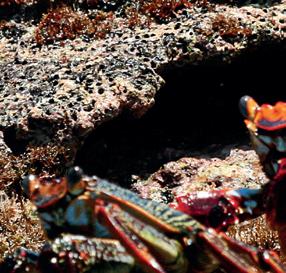

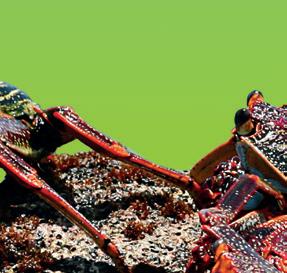
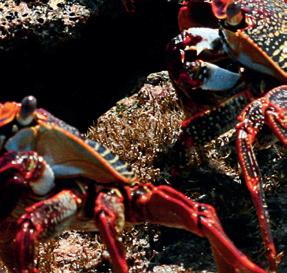
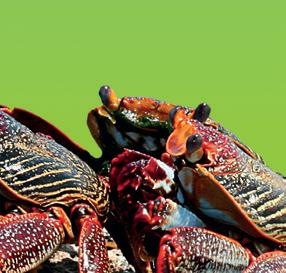
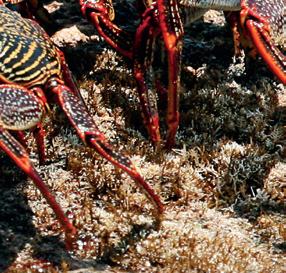

UK | USA | Canada | Ireland | Australia India | New Zealand | South Africa
Puffin Books is part of the Penguin Random House group of companies whose addresses can be found at global.penguinrandomhouse.com.
www.penguin.co.uk www.puffin.co.uk www.ladybird.co.uk
First published 2025 001


Text copyright © Children’s Character Books
Text by Thea Hay
BBC and BBC Earth (word marks and logos) are trademarks of the British Broadcasting Corporation and are used under licence.
BBC logo © BBC 1996; BBC Earth logo © BBC 2008; Licensed by BBC Studios
The moral right of the author and illustrator has been asserted
Penguin Random House values and supports copyright. Copyright fuels creativity, encourages diverse voices, promotes freedom of expression and supports a vibrant culture. Thank you for purchasing an authorized edition of this book and for respecting intellectual property laws by not reproducing, scanning or distributing any part of it by any means without permission. You are supporting authors and enabling Penguin Random House to continue to publish books for everyone. No part of this book may be used or reproduced in any manner for the purpose of training artificial intelligence technologies or systems. In accordance with Article 4(3) of the DSM Directive 2019/790, Penguin Random House expressly reserves this work from the text and data mining exception
Text design by Dynamo Ltd
Printed and bound in Dubai
The authorized representative in the EEA is Penguin Random House Ireland, Morrison Chambers, 32 Nassau Street, Dublin D02 YH68
A CIP catalogue record for this book is available from the British Library

ISBN: 978-1-405-971515

All correspondence to: Puffin Books
Penguin Random House Children’s One Embassy Gardens, 8 Viaduct Gardens, London SW11 7BW
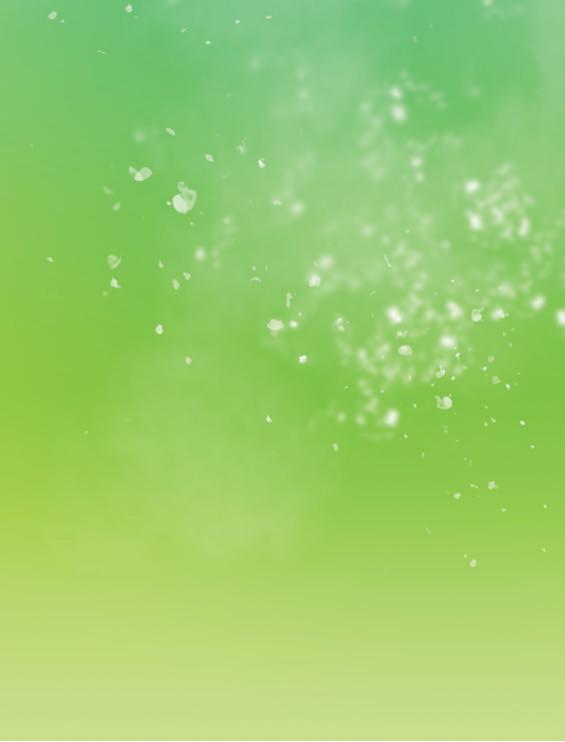




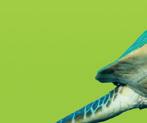
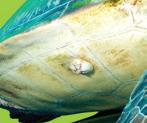
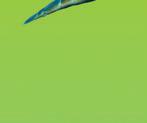
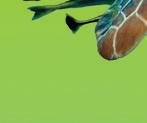


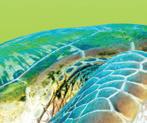
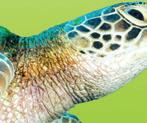
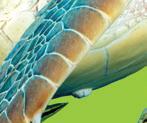
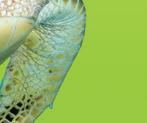















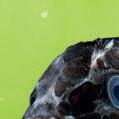

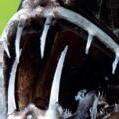

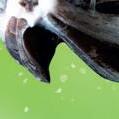
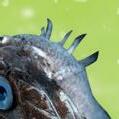

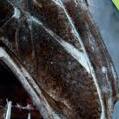
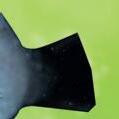
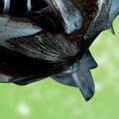








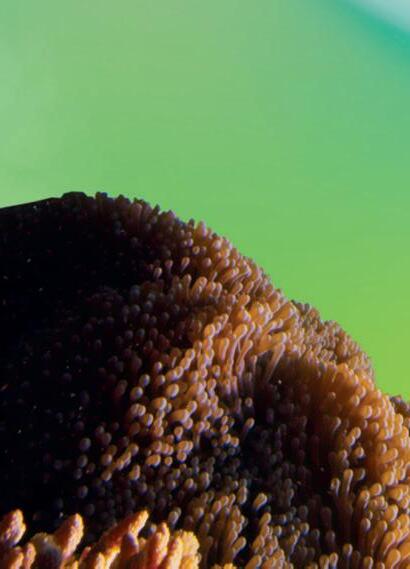
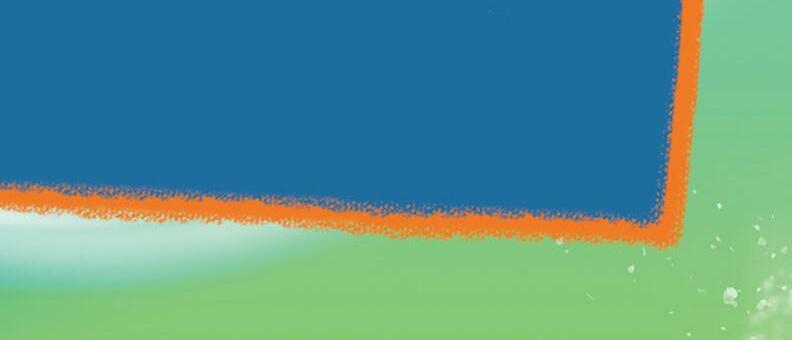


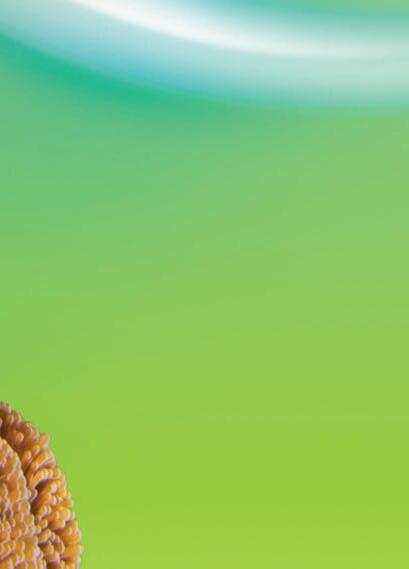

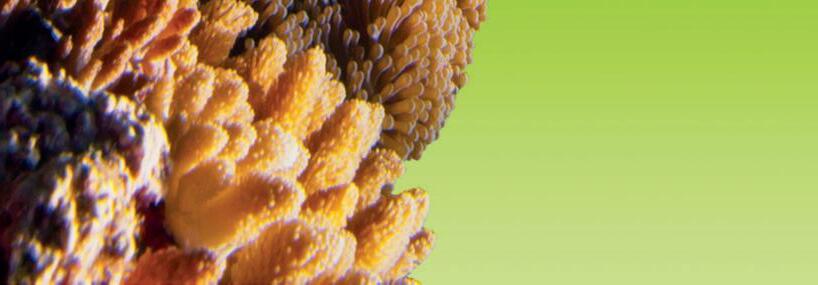



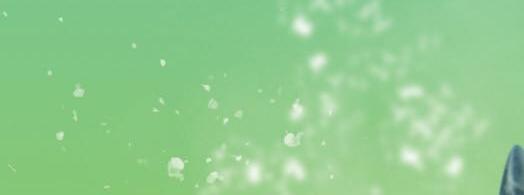


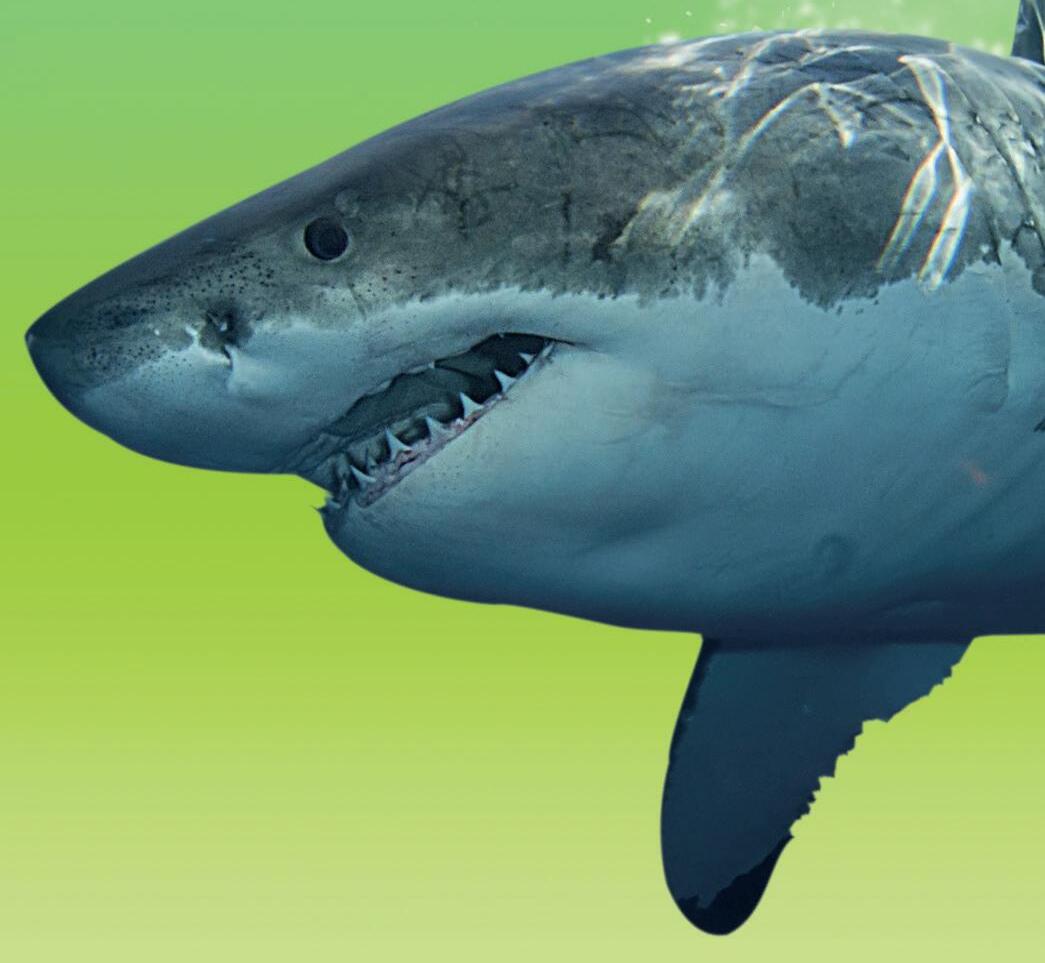



1: Face to face in the deep
2: Eye-spy!
3: Best light show


4: The last bite!
5: Best escape artist
6: Best survivor
7: Lowest of the low
8: Most amazing structure Answers
9: Catch me if you can!






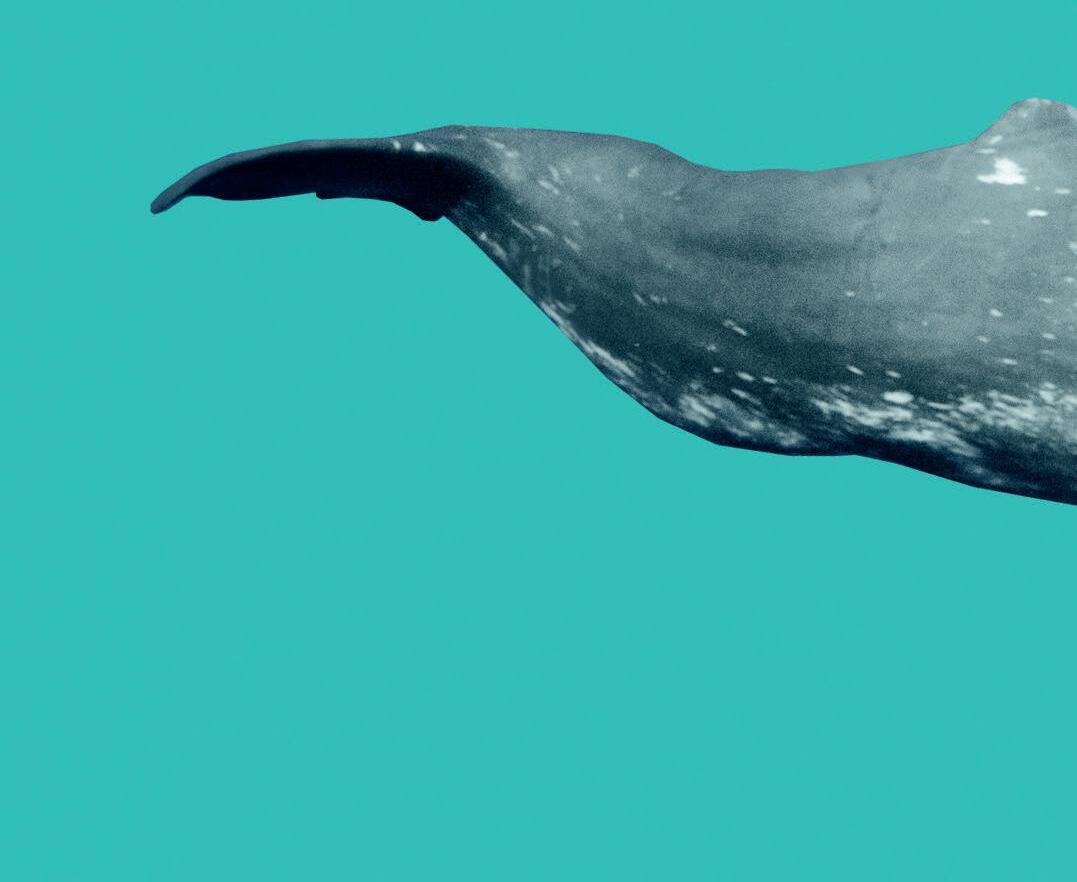



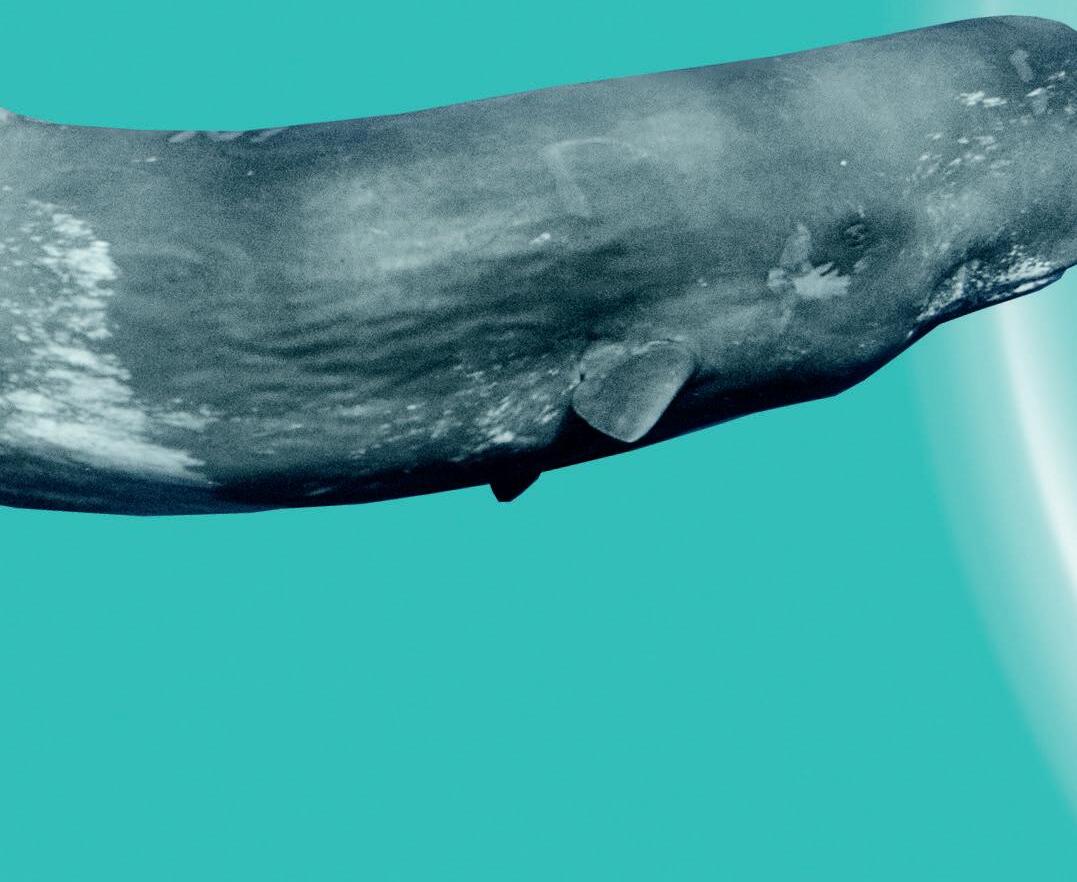


17: Biggest f ish
18: Marathon traveller
19: Deadliest drif ter
20: Deepest diver
21: Fastest f ish
22: Most tactical hunter
23: Longest journey

24: Number-one mum! Answers GREEN SEAS

25: Top tactics
26: Sneakiest secret weapon
27: Best defender
28: Most deadly invader
29: Cleverest camouf lage
30: Deadliest assassin
31: Biggest seagrass snacker
32: Most menacing Answers COASTS
33: Smartest f isher
34: Champion limpet hunter
35: Who’s eating tonight?

36: Which nest is best?
37: Most blubber-ific polar animal!
38: Toughest trekker
39: Most caring parent
40: Arctic’s deepest diver Answers Glossary
Draw your favourite animals from the book! Picture credits



Covering just over 70% of the surface of our planet, the world’s oceans are home to an amazing array of fish, mammals, reptiles and birds. These sea creatures are in constant competition with each other for prey, for dominance and for sheer survival. Many of these animals have developed incredible, sometimes unusual, adaptations that can give them an advantage over their competitors.

These adaptations – which we might also call their strengths or special features – will depend on what type of environment each sea creature lives in. Here are five examples of many different watery habitats:






With some areas reaching depths of almost 11,000 metres, conditions are brutal in the alien world of the deep – where food and shelter is not only scarce, but hard to see. But this world is also full of surprises, home to a host of bizarre creatures with clever survival tactics.



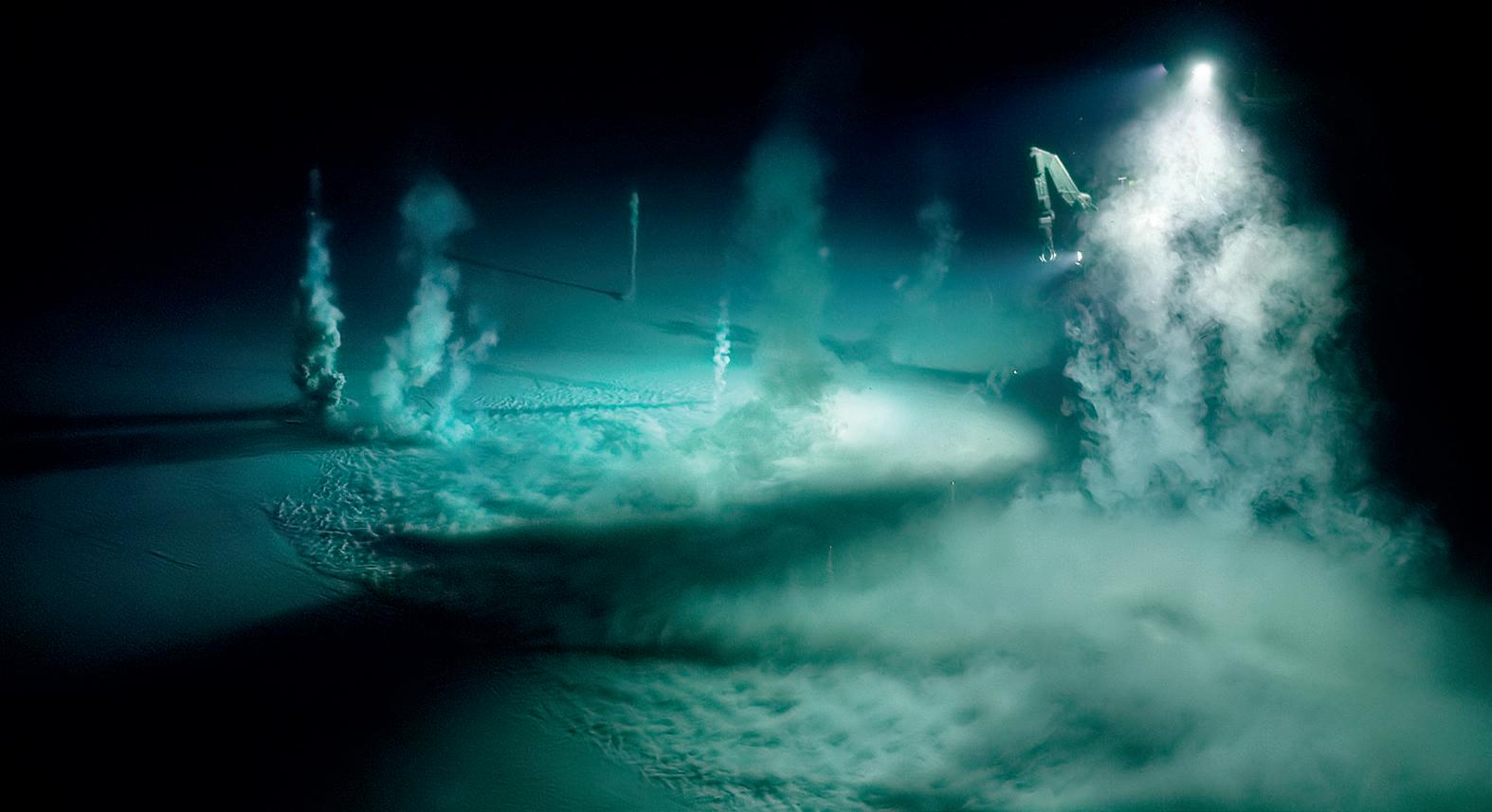










Tropical coral reefs exist in shallower, warmer parts of the oceans, usually not far from land. The reefs are made up of millions of corals, which are tiny animals rooted to the seabed. Coral reefs provide plenty of food and protective cover for many other creatures, so they become very crowded, leading to competition between all the animals that live there.




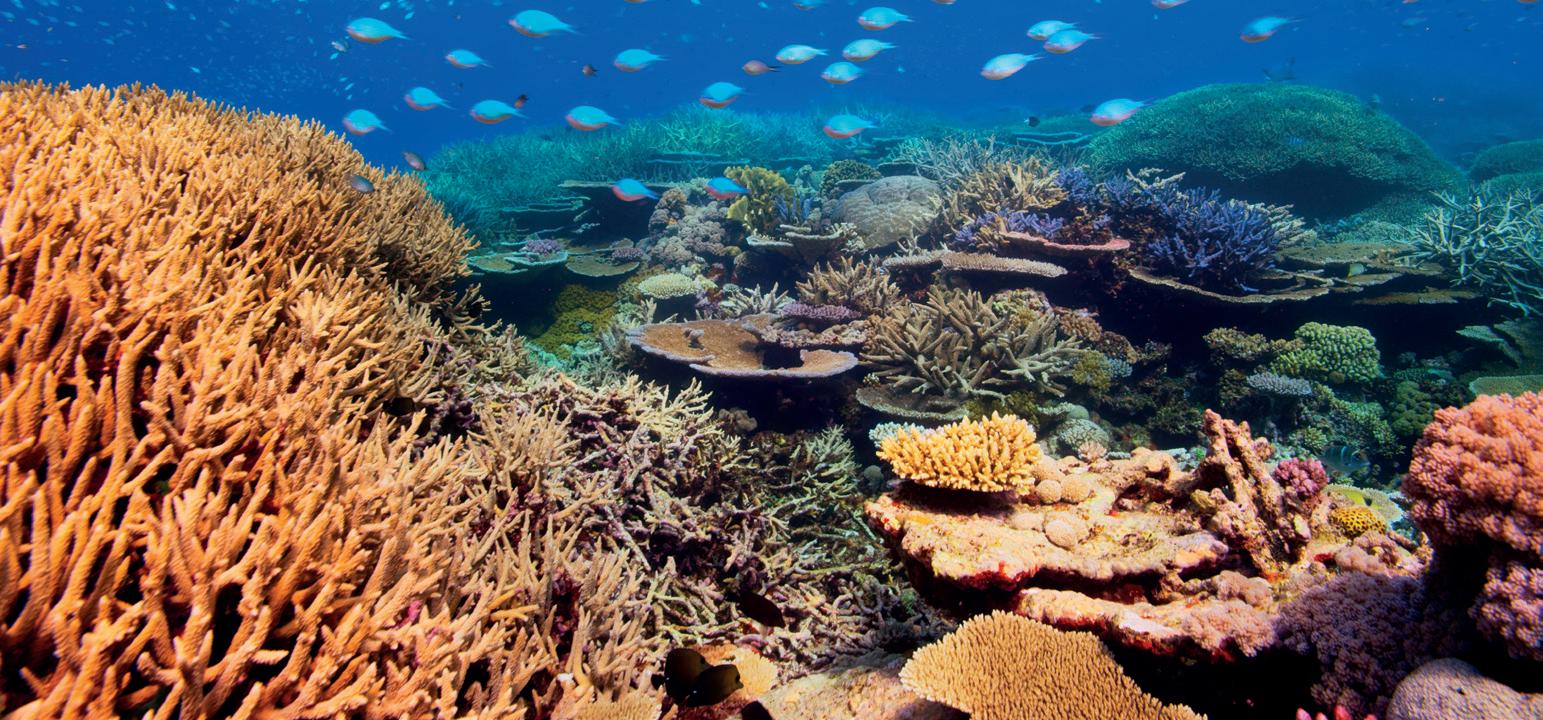





The middle of the ocean, which can be thousands of miles from land, is often called the Big Blue. Here, you can find some of Earth’s most impressive creatures. Many of them are adapted to be very fast and strong, or are capable of travelling huge distances, which is vital because food in the Big Blue is often very spread out.




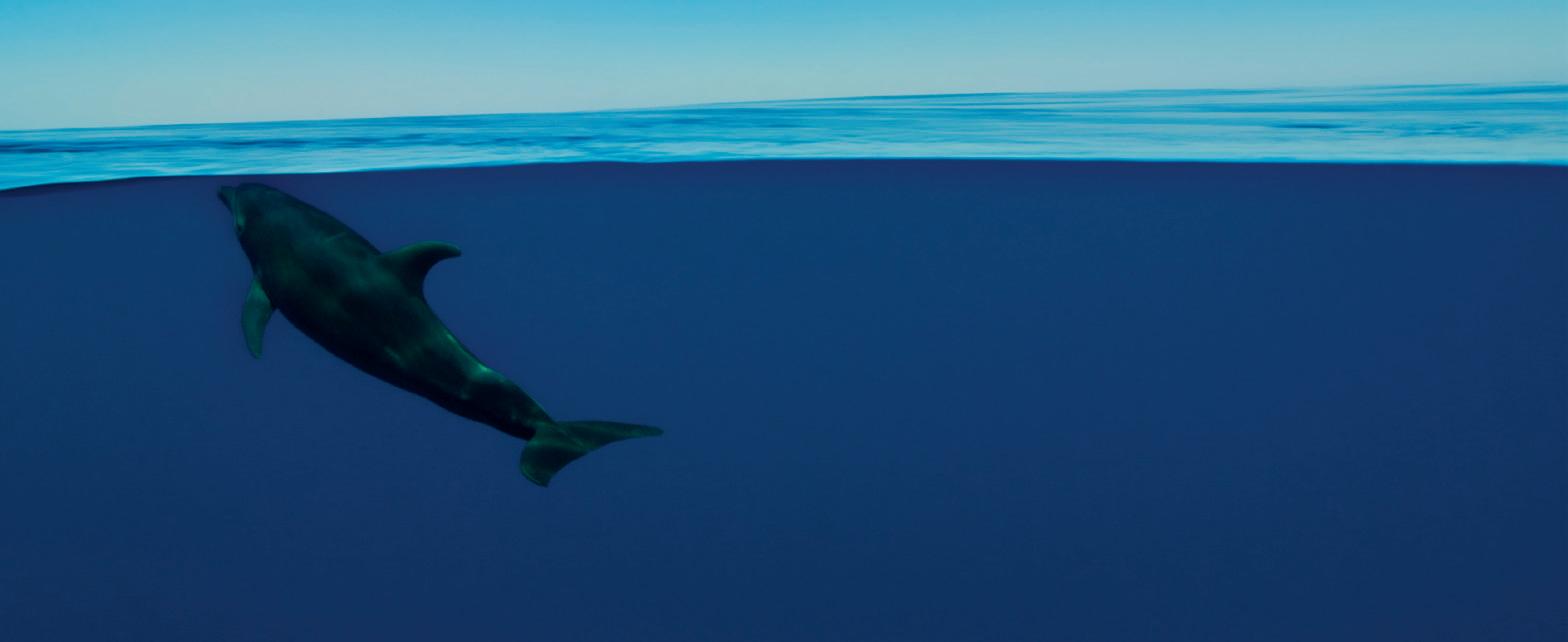











In some parts of the ocean, the sea is green, not blue – taking its colour from the rich plant life beneath the water. Kelp forests, mangroves and large stretches of sea grass attract huge numbers of sea creatures. In a similar way to coral reefs, these green seas offer a safe haven for animals where they can feed and take shelter – but that also means competition can be fierce, and large predators are never far away.







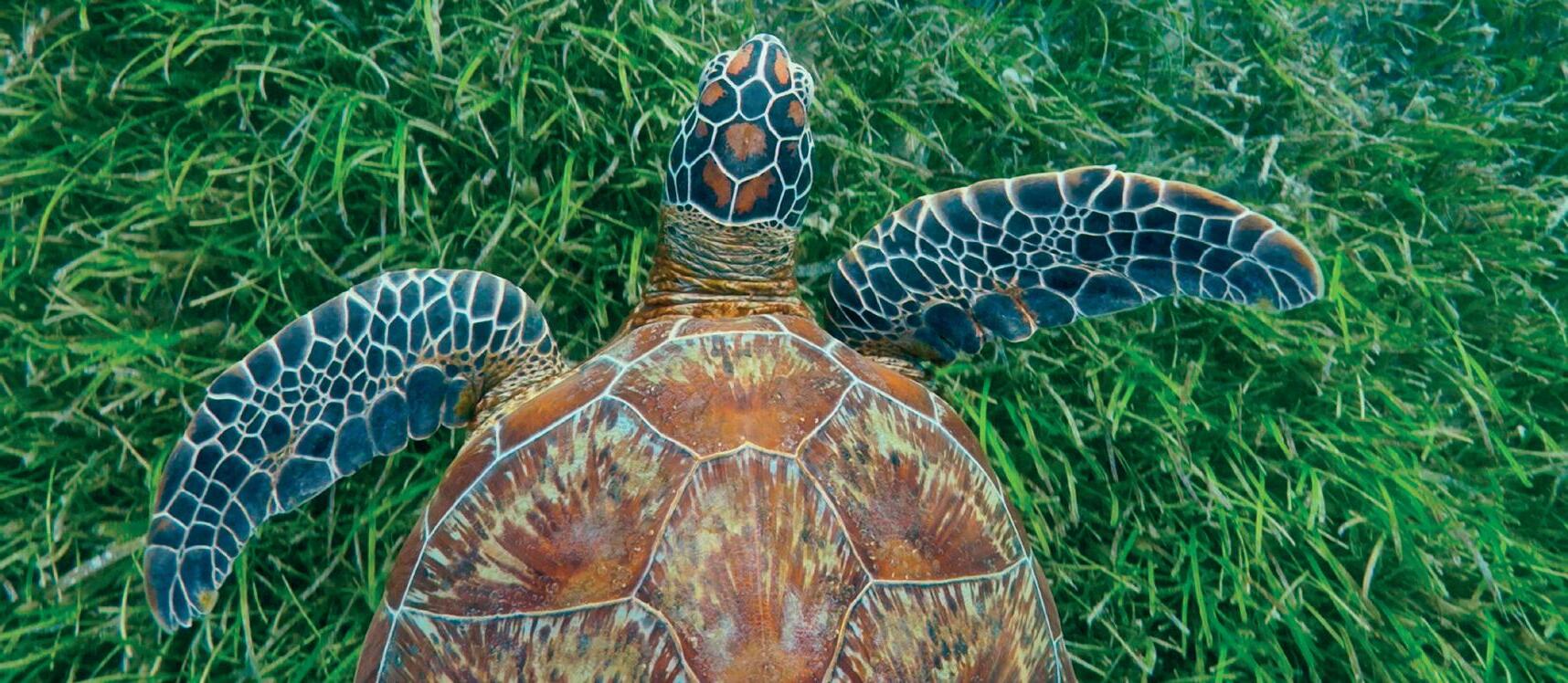


Coasts are the areas where oceans meet land, and these habitats vary dramatically around the world – from warm, sandy shores to freezing polar coastlines. Whether they are made of sand, rock or ice, plenty of animal life thrives here: mammals and birds, fish and crustaceans. However, these landscapes are constantly changing and any animals that live there must adapt quickly.








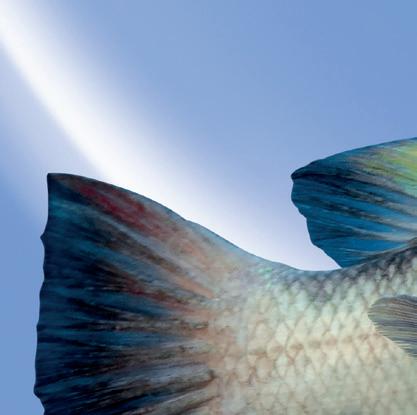
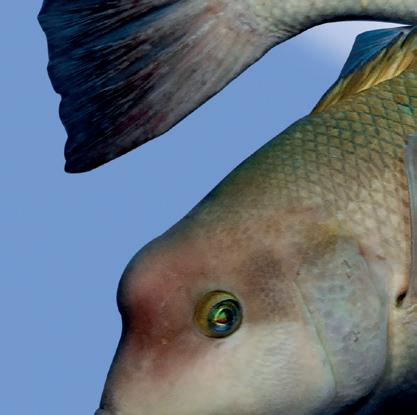
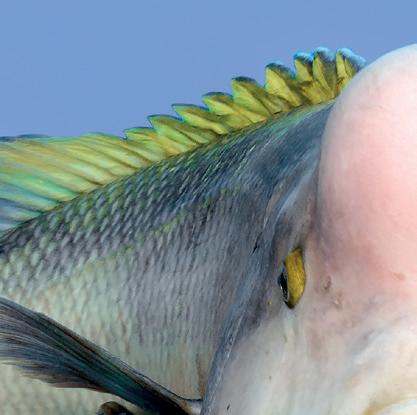
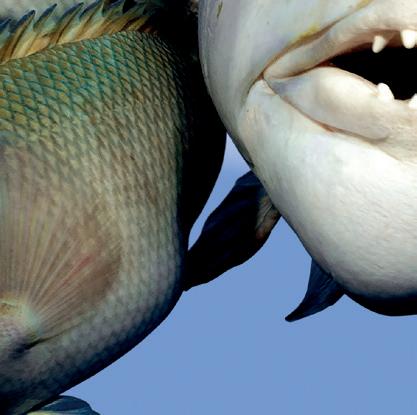

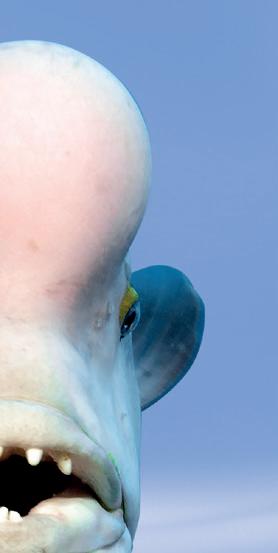
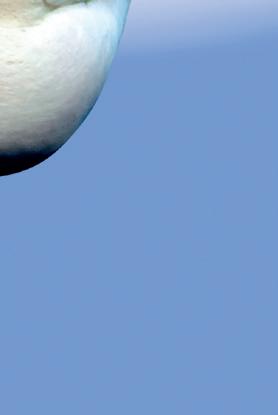
As you explore each of these five habitats, you’ll meet a range of amazing ocean creatures and compare their different strengths and weaknesses. Some animals may be competing head to head for food or resources, while others could win the award for best escape artist or most extreme traveller. Sometimes you’ll weigh up different animal nests, or compare amazing underwater structures. In each scenario, it’s up to you to identify the winner!



Although in this book each contest has one winner, in the wild each animal has evolved to fill their own niche within their ecosystem and is successful in their own way. And in a predator-and-prey scenario, the same animal won’t win every time – sometimes the prey may escape, other times the predator will triumph. The natural world is full of surprises.

